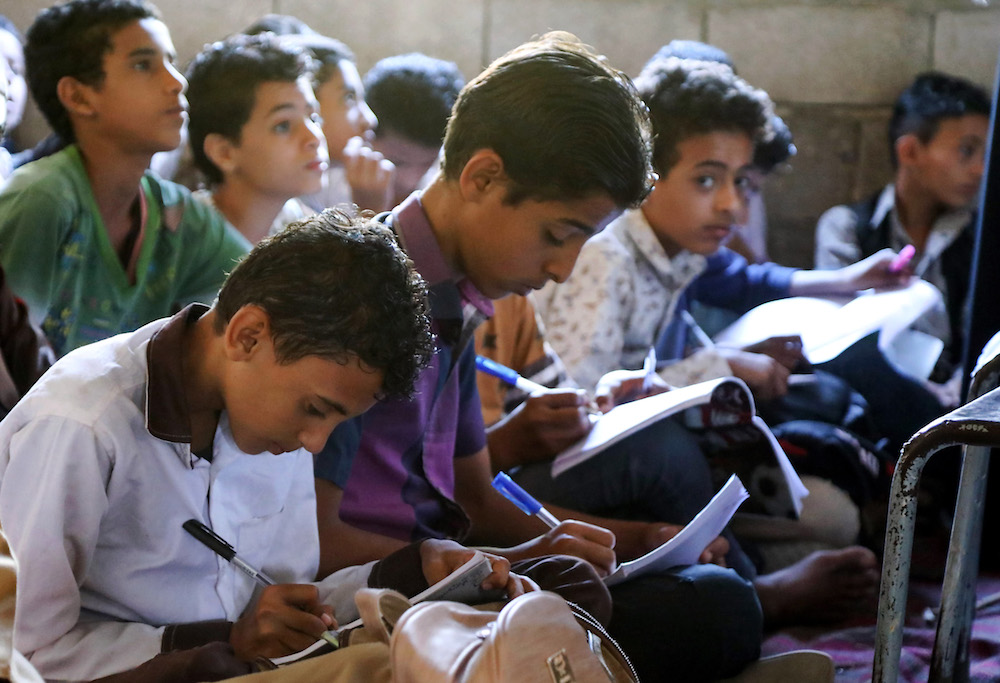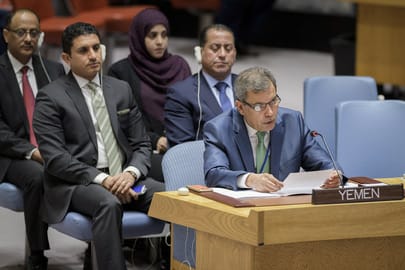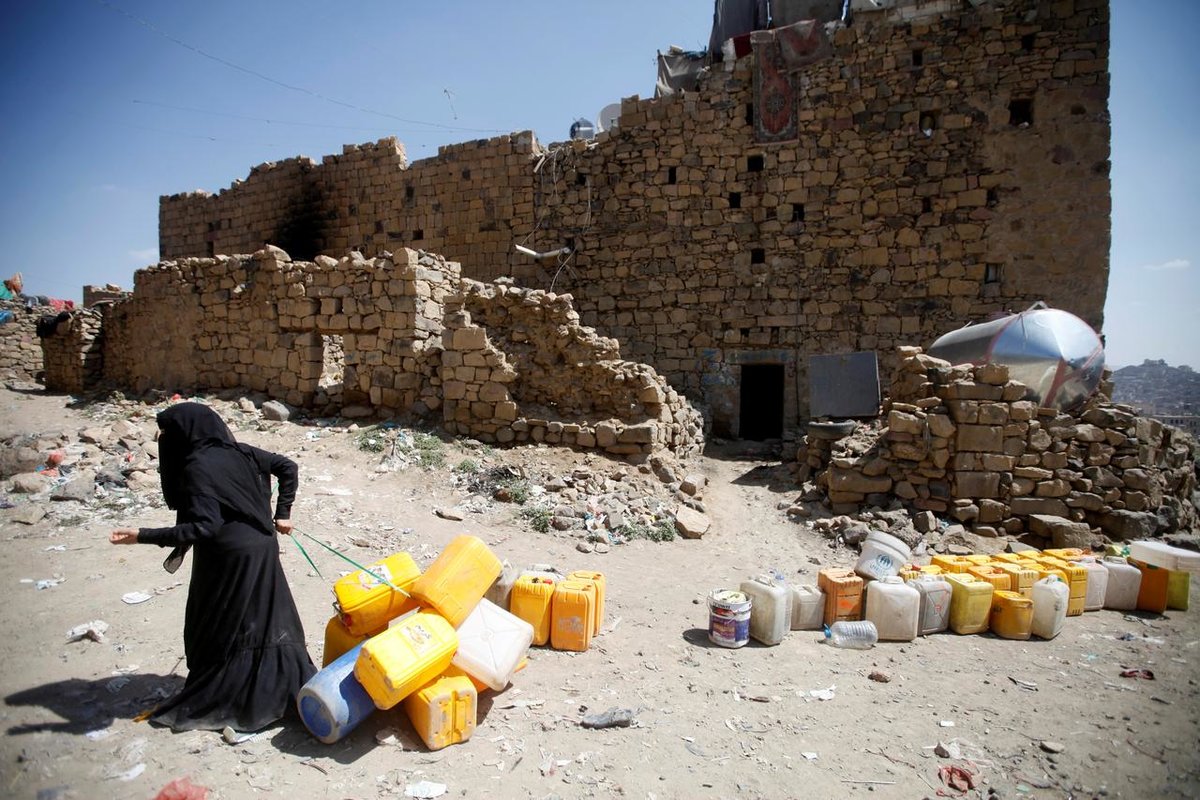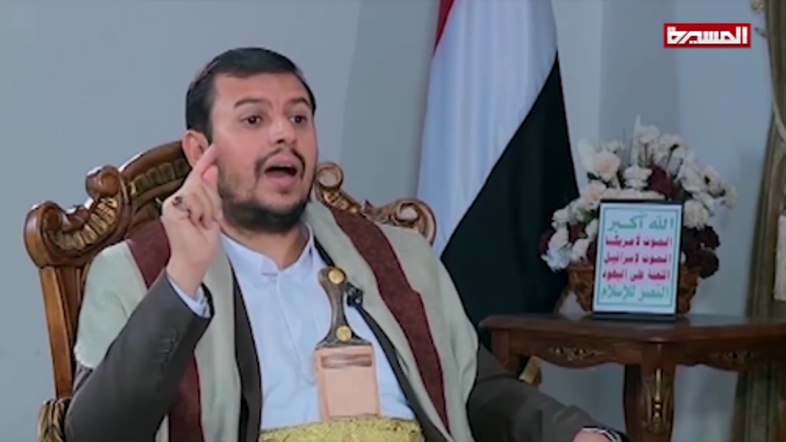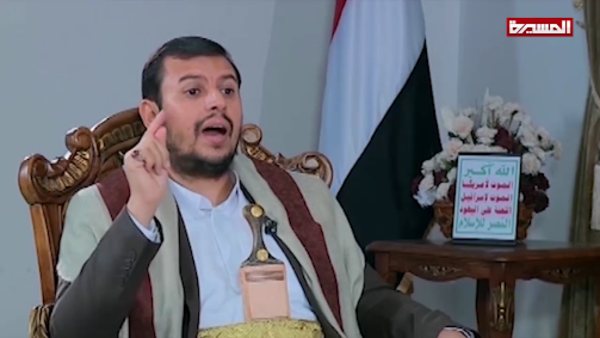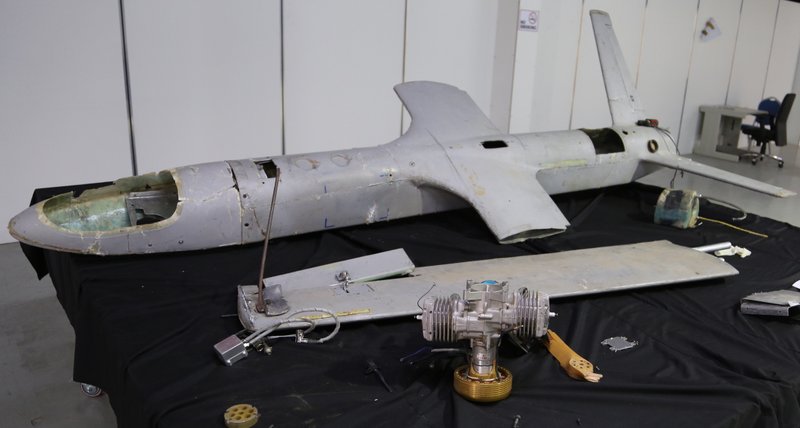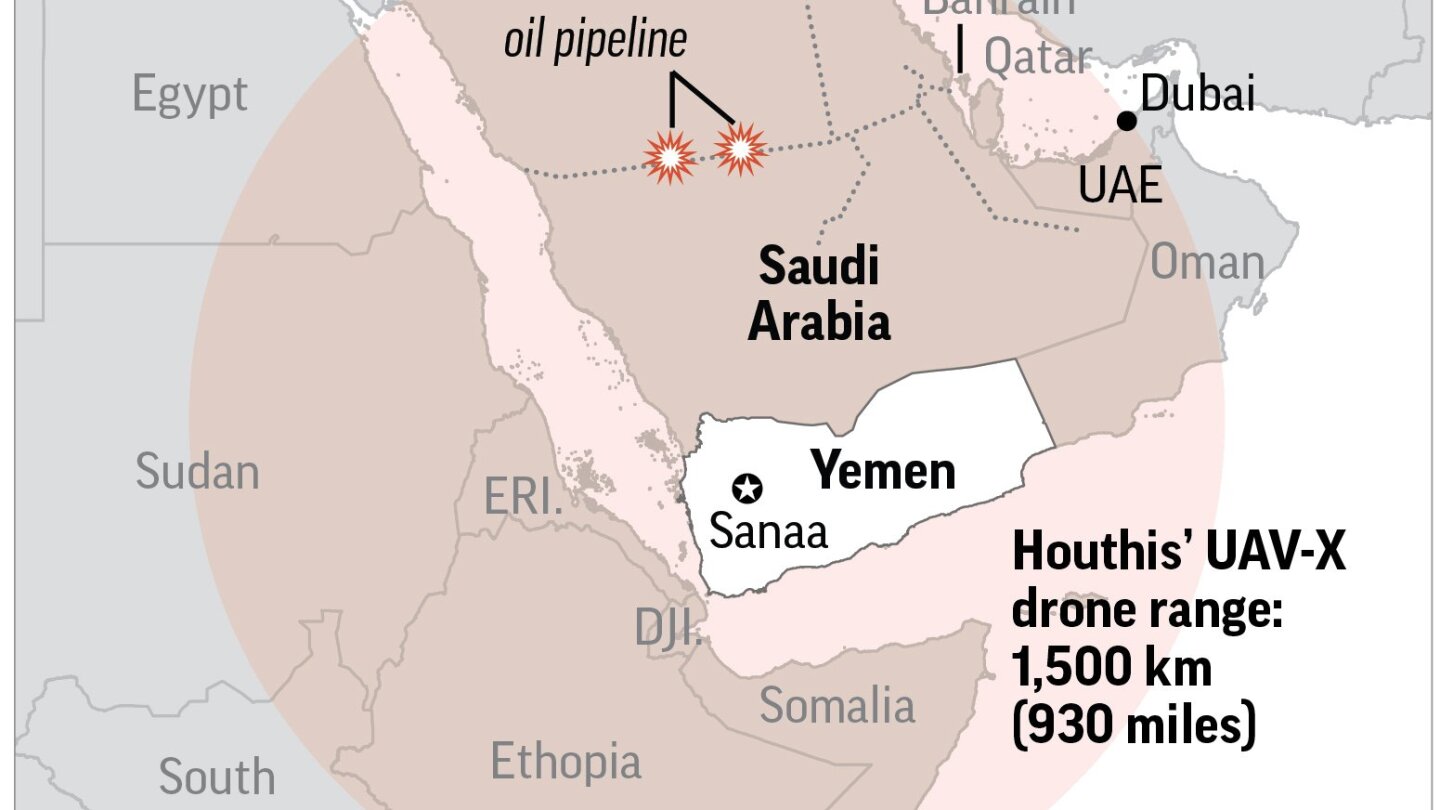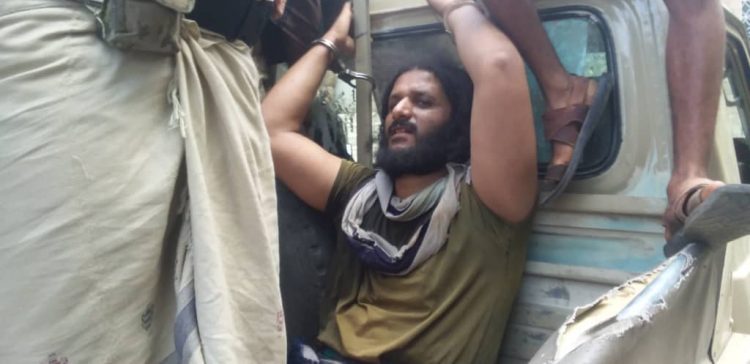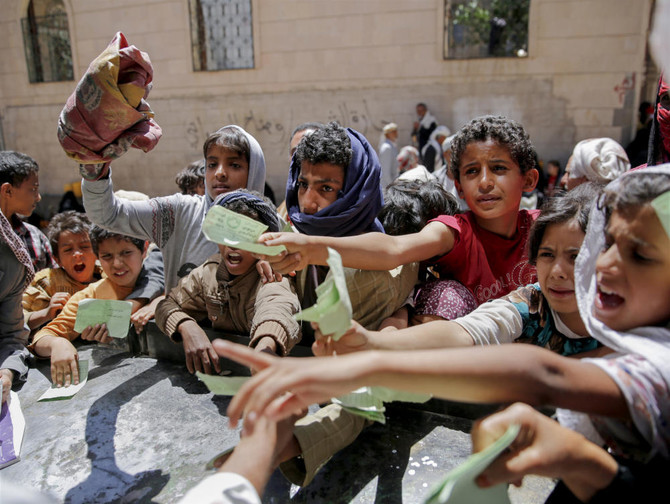Iran's elite naval forces said to pass skills to proxy fighters
May 17, 2019
Babak Dehghanpisheh, Bozorgmehr Sharafedin
GENEVA/LONDON (Reuters) - An unmanned Iranian boat skips over the waves at full speed and rams into a U.S. aircraft carrier, sending up an orange fireball and plumes of smoke.
That attack against a mock-up U.S. warship was part of elaborate naval war games carried out by the elite Revolutionary Guards in 2015. Dozens of speedboats, ships firing missiles, and helicopters were involved. Video of the exercise ran on state TV for hours.
U.S. officials are now concerned that Iran has passed this naval combat expertise on to proxy forces in the region, whom Washington blames for attacks against four oil tankers off the coast of the United Arab Emirates on Sunday.
Iranian officials denied involvement and said their enemies carried out the attacks in order to lay the groundwork for war against the Islamic Republic.
Iran has not addressed the issue of training proxies, but has warned that its allies in the region have the weapons and capability to target enemies if Iranian interests are threatened.
Tensions have spiked between Iran and the United States, which sent more military forces to the Middle East, including an aircraft carrier, B-52 bombers and Patriot missiles, in a show of force against what U.S. officials say are Iranian threats to its troops and interests in the region.
U.S. President Donald Trump withdrew from a major 2015 nuclear deal last year and reimposed sanctions in order to cut off Iran’s oil exports. This was supported by Saudi Arabia and the United Arab Emirates, which said they would increase oil production to keep prices stable.
The Revolutionary Guards, designated a “foreign terrorist organization” by Washington last month, have threatened to block the Strait of Hormuz, through which one fifth of the world’s oil consumption flows, if Iran is not able to export oil.
The U.S. embassy in Baghdad began evacuating some staff this week in apparent concern about perceived threats from Iran.
If Iran or one of its proxies was involved in the tanker attacks, which did not sink any of the ships or cause fatalities, it was a warning message, experts say.
DENIABLE
“Iran’s actions are conducted in a manner which are both understood by the world to be conducted by Iran, but not to the extent that the international community can justify a response. In this way, the actions are attributable but deniable,” said Norman Roule, a former senior CIA officer with experience in Middle East issues.
“Attacks against oil tankers produce tremendous publicity for Iran and raise oil prices. The latter has a direct, if temporary, impact on the economies of China and Western Europe, and Iran likely believes this will compel them to pressure the U.S. to make concessions to avoid future such attacks.”
The tanker attacks on Sunday, followed by armed drone attacks on two of Saudi Aramco’s oil pumping stations on Tuesday, pushed up global oil prices, which by Thursday had jumped nearly 4%.
The United Arab Emirates said an investigation was under way into the sabotage attacks, stressing it was committed to de-escalation during a “difficult situation” caused by Iranian behavior in the region.
Saudi Arabia accused Iran of ordering the drone attacks on its oil pipelines. Yemen’s Iran-aligned Houthis, who have been battling a Saudi-led military coalition for four years, had earlier claimed responsibility.
The techniques used in the attacks against the tankers off the Emirates’ coast were not particularly sophisticated, observers with military and intelligence experience say.
The ships may have been damaged by floating or magnetic mines placed by a team of divers, according to these observers.
Iran has experienced marines who could have carried out this type of operation, or they could have outsourced the mission to local forces, possibly Houthis, said Hossein Aryan, a military analyst who served 18 years in the Iranian navy before and after the Islamic revolution.
“We used to practice it a lot, it’s general practice. You place a limpet mine and disable an enemy ship,” he said. “Iran has capable marines to do this. It could either send its own people or send some key people to help with locals to do that. It was a soft target.”
It is also possible that an unmanned boat of the sort Iran used in the 2015 military exercise may have been used in the attacks.
Iran is now passing on that naval expertise to allied military forces, officials and observers say.
DRONES
“Iran is exporting know-how for unmanned boats and drones,” said an official from the Saudi-led coalition fighting in Yemen, who asked not be identified, noting that up to 50 members of Lebanon’s Iranian-trained Hezbollah guerrilla group and the Revolutionary Guards train and advise Houthi fighters.
Houthi forces are now able to launch drones from boats at sea, according to a Saudi security source.
Iran has denied playing any role in the conflict in Yemen.
Tensions between Iran and the U.S. in the Gulf are not new: in the late 1980s the American and Iranian navies clashed after Iran was accused of mining shipping lanes.
Since that time, the Guards have attempted to send a message about their naval prowess by regularly carrying out operations and military drills in the Gulf. The Guards’ navy detained British military personnel in 2004 and 2007 as well as ten U.S. sailors in 2016. All were eventually released.
In recent years, the Guards have even taken on missions outside the Gulf. Special forces from the Guards’ navy carried out anti-piracy operations for nearly four months in the Gulf of Aden in 2012, their then commander told the Fars news agency.
Military forces trained or armed by the Guards have also shown their naval combat skills.
In the 2006 Israel-Lebanon War, Hezbollah hit an Israeli warship with a missile, killing four Israeli sailors.
Houthi forces in Yemen carried out a series of attacks on Saudi oil tankers last year, leading to a temporary halt of the kingdom’s oil exports through the Bab al-Mandeb strait.
If the current tensions between Iran and the United States spill over into open conflict, all of the Islamic Republic’s allies, as well as its enemy Israel, are likely to be drawn into a regional war, Ibrahim Al-Amin, co-founder of the pro-Hezbollah Al-Akhbar newspaper, wrote on Thursday.
He said Iran would receive support from forces in Afghanistan, Syria, Iraq and Lebanon.
“So that nobody is in a state of confusion and so that nobody acts as if they didn’t know the nature of the confrontation, Hezbollah will be in the heart of this battle,” Al-Amin wrote.
Reporting by Babak Dehghanpisheh in Geneva and Bozorgmehr Sharefedin in London; Additional reporting by Stephen Kalin in Riyadh, Ahmed Rasheed and John Davison in Baghdad, and Tom Perry in Beirut; Editing by Giles Elgood
An unmanned Iranian boat skips over the waves at full speed and rams into a U.S. aircraft carrier, sending up an orange fireball and plumes of smoke.

www.reuters.com



